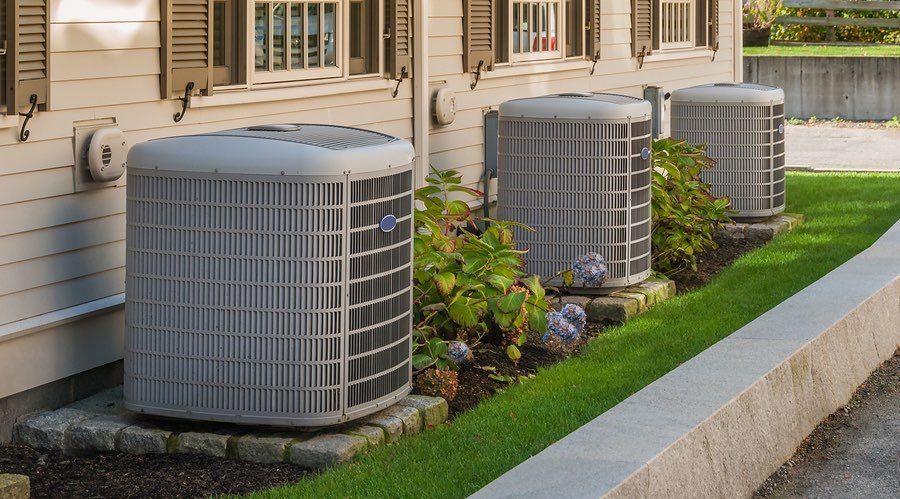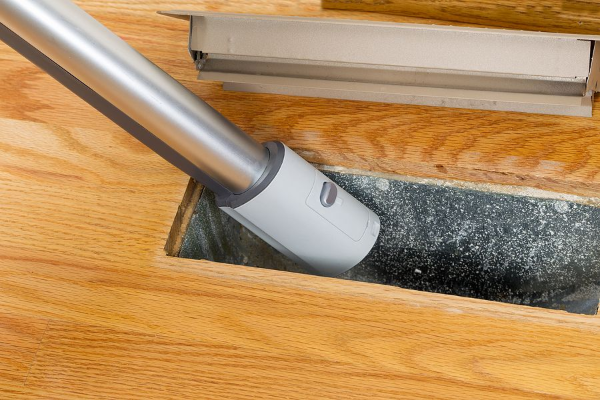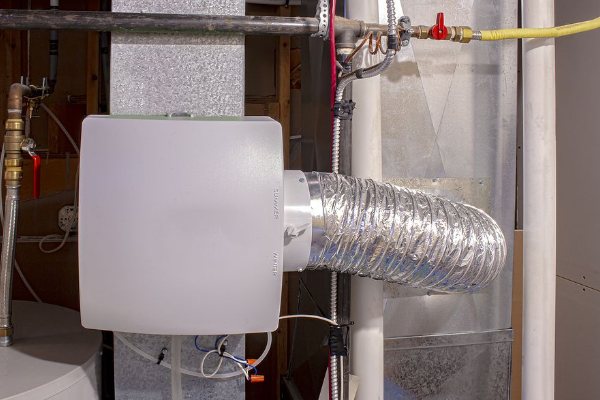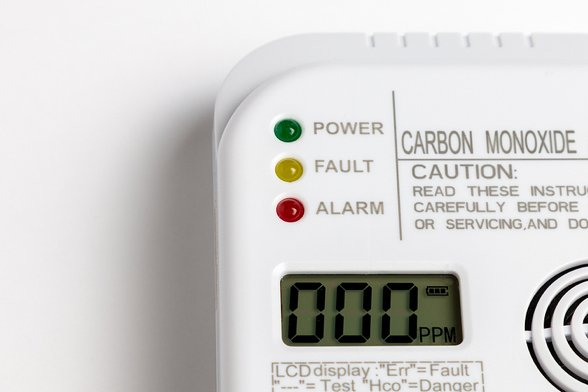Choosing the Right HVAC Unit to Keep Your Home Comfortable
Whether you need to repair your furnace or air conditioner or are considering upgrading your entire HVAC system to improve your home’s energy efficiency, it can be difficult to determine what size system you need. Find out how to determine your HVAC size and enjoy hassle-free furnace and AC installation from Next Level HVAC.
The Precision Strategy: Manual J Calculation
If you want to have a confident answer to your question, the most accurate way to determine your HVAC needs is to use a Manual J calculation. This measurement tool is used by many HVAC technicians and utility companies. It’s quite complicated to calculate without professional experience, but the measurement takes these factors into account:
- Square footage
- Ductwork
- Number of windows
- Amount of natural light
- Climate zone
- Number of individuals in your home
- Appliances that generate heat
- Insulation rating
Measuring Square Footage
A simpler and more generalized way to achieve a HVAC size calculation is to simply look at the square footage of your home. Look for the average amount of BTUs for your HVAC system based on the size of your home. The BTUs may be different for an AC unit and a furnace, depending on your climate zone and particular systems.
Of course, this system doesn’t take into account important factors like the amount of individuals in a home, the insulation value of the home or climate zone of your home. Each of these may require a larger or smaller HVAC system to keep your home comfortable and energy efficient.
Selecting Your Appliances
Once you’ve found a rough estimate using your square footage or had a Manual J calculation performed for your home, it’s time to select an HVAC system. Whether you’re shopping for all the ductwork for a new construction or simply replacing your furnace and air conditioner, ask your local appliance dealer for all your options for your new HVAC system.
You may not find the perfect furnace or AC for your home. If you’re searching for a 30,000 BTU furnace for a 2,000 square foot home, you may only find 25,000 BTU and 32,000 BTU options. In that case, it’s better to choose a system that is slightly larger rather than slightly smaller.
There’s only one caveat to this rule of thumb. Avoid choosing an AC unit that has more than 15% of your BTU needs or a furnace with more than 40% of your BTU needs. These extra-large systems can cause short cycling and other issues that will increase your energy bills.
Receiving an Estimate for AC Installation
Finally, the best way to determine the perfect HVAC system for your home is to contact a local technician and receive an estimate or a Manual J calculation. If you’re looking for the perfect AC and furnace installation near Santa Rosa, California, request an estimate from Next Level HVAC. Our team has years of experience in Sonoma and Marin counties and are skilled at new constructions, HVAC replacements or comprehensive repairs. We’ll help you find the perfect system to keep your home comfortable all year long.








